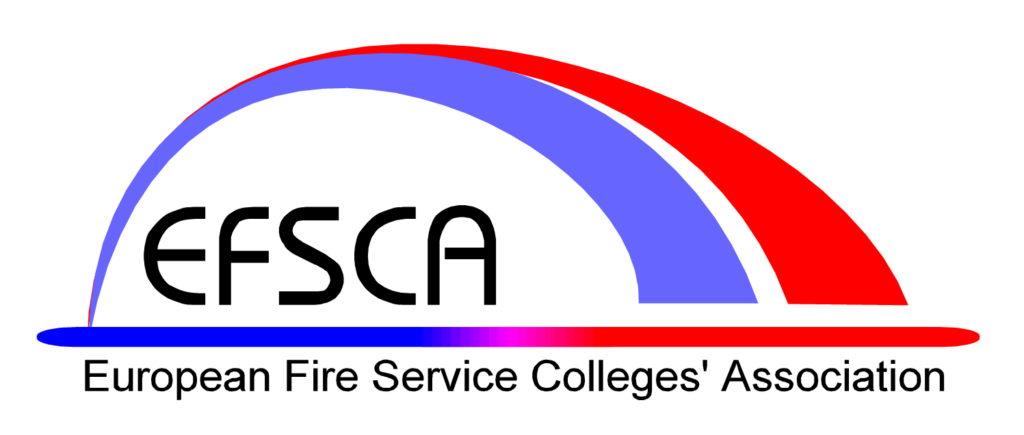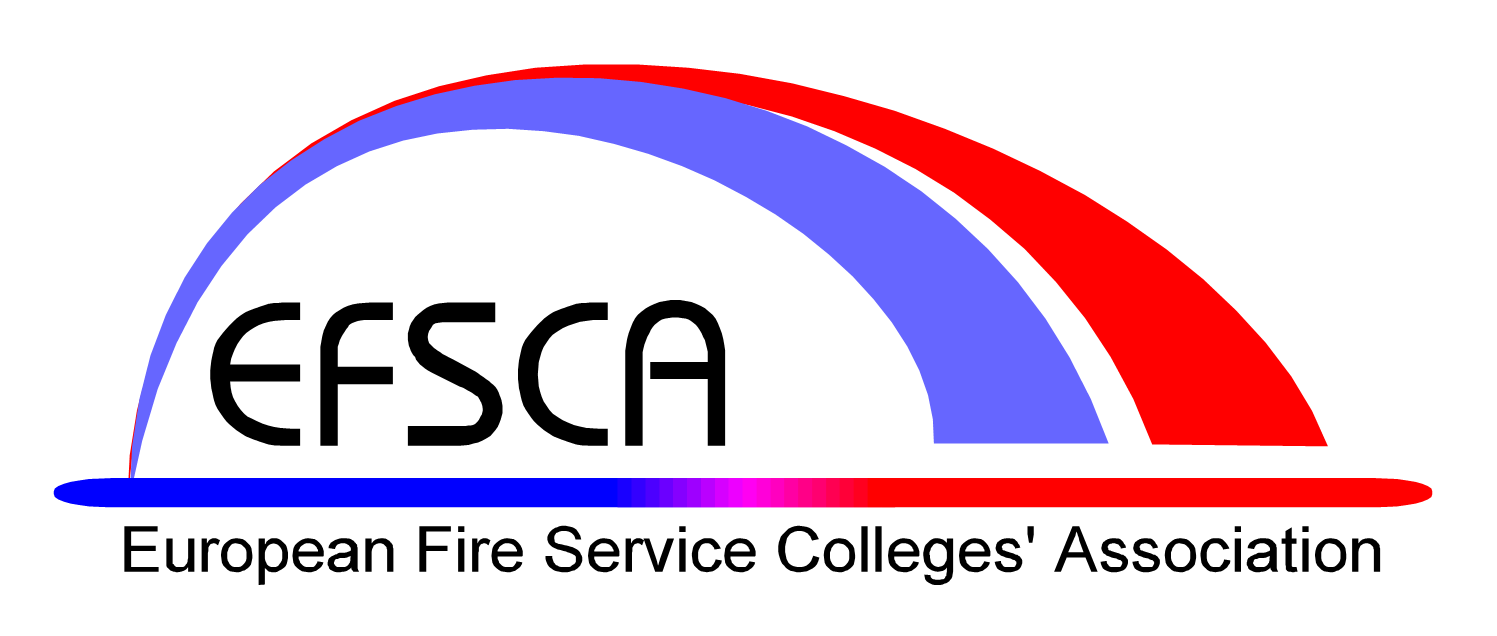Our Evolution
Origins & Foundation
In June 1988, three national fire-fighter training schools—from France, the Netherlands, and the United Kingdom—came together to form the European Fire Service Colleges’ Association (EFSCA). Their aim was to create a formal platform for exchanging insights, methodologies, and experiences among fire-fighting professionals across Europe.
From the very beginning, this initiative drew leadership from fire services, academia, and operational institutions, fostering a collaborative environment. This early network of experts held annual conferences and shared best practices, laying the foundation for today’s association. Over time, EFSCA has grown to include more than 20 fire-fighter training centres from across the Europe, greatly enriching its collaborative reach.
Mission & Vision
EFSCA’s core mission since then is to elevate the training standards of emergency and security professionals. We accomplish this by:
- Providing a structured forum for official collaboration among EU Member State training centres and their representatives.
- Serving as an information hub, keeping both national institutions and the EU informed on vocational training and professional development needs.
- Promoting research and innovation, supporting new educational content and emerging emergency-response technologies.
- Fostering international networks, connecting fire academies, civil protection institutions, and operational leaders across Europe.
- Enhancing professional competence, ensuring frontline teams are equipped to address complex emergencies effectively.
Growth & Transformation
From its foundation onwards, EFSCA has continuously evolved to meet new challenges:
- Digital transformation: Since the COVID-19 pandemic between 2020 and 2022, EFSCA has embraced virtual platforms, allowing wider participation in conferences and seminars without geographic barriers.
- Modernized curriculum: Training programs now focus on emerging trends—advanced risk management, cutting-edge technologies, and global emergency response strategies.
- Membership expansion: From its original three founding schools, EFSCA has expanded to 26 members, including national fire academies, civil protection schools, and research bodies—creating a diverse and multidisciplinary community.
Milestones & Impact
Over the years, EFSCA has made significant contributions to European fire safety and emergency preparedness:
- Standard-setting: We have helped define and disseminate high training standards adopted by fire services across Europe.
- Collaborative initiatives: Through joint projects and regular conferences, we’ve developed tools and approaches to improve incident management and interagency cooperation.
- Innovative training methods: The incorporation of advanced simulations and virtual environments has transformed traditional training paradigms.
- Recognition: Multiple awards and recognitions have acknowledged our commitment to professionalising emergency services training.
Impact on European Security
By cultivating a pan-European network of knowledge-sharing and best practices, EFSCA boosts the operational quality of fire and emergency services. Our work supports improved citizen safety, promotes large‑scale risk prevention, and positions the association as a driving force in European emergency preparedness.
Looking Ahead
From its modest beginnings with three pioneering schools, EFSCA has grown into a robust network representing institutions across Europe. This journey underscores our dedication to cooperation, innovation, and excellence. With an unwavering focus on training, research, and partnership, EFSCA continues to shape safer, more resilient communities across the continent.

